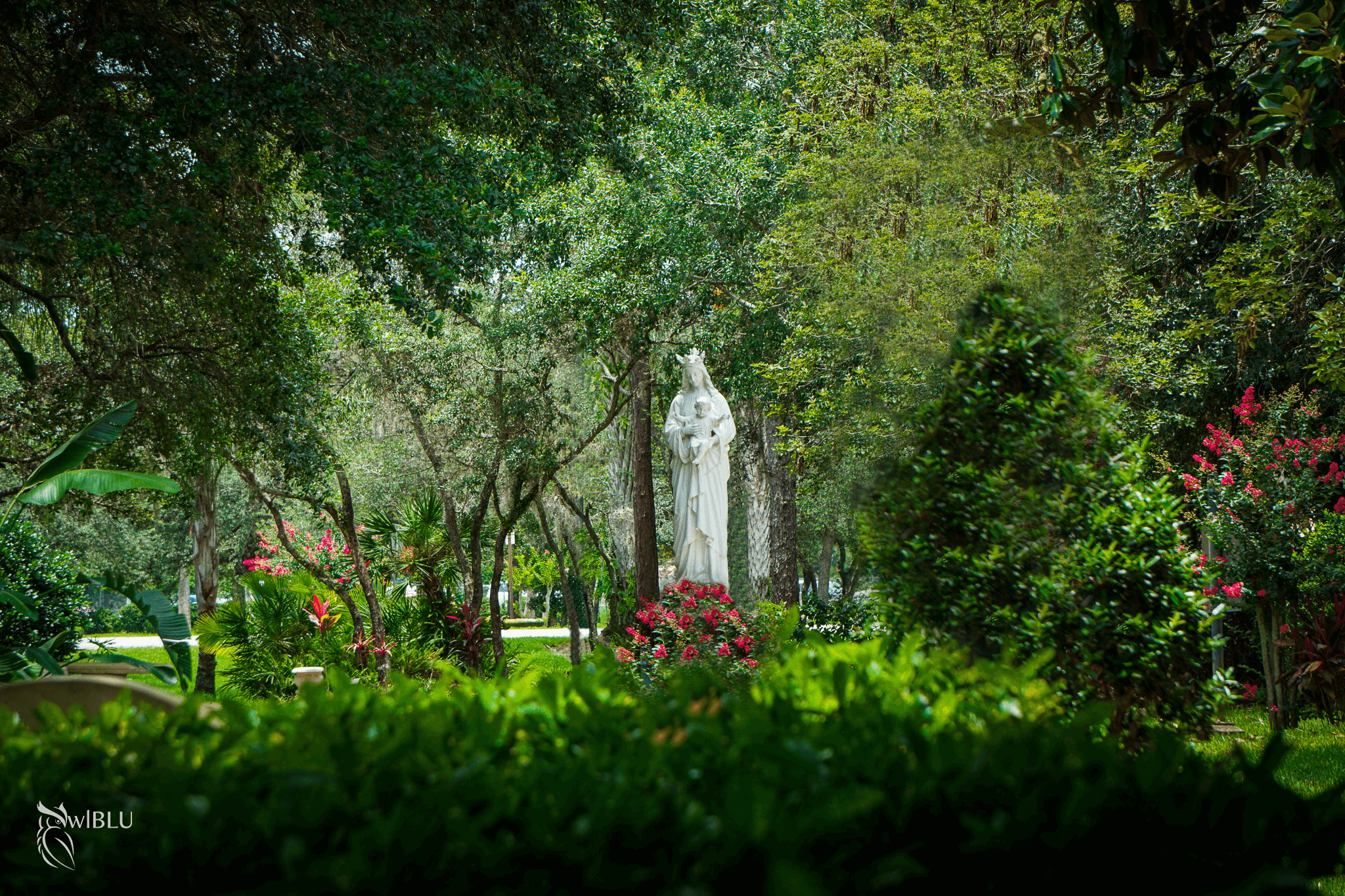
One hopeful sign in the midst of our health crises has been the countless acts of kindness and self-sacrifice. While pain, loss and uncertainty remain, we see many gestures of solidarity and compassion. The internet and social media networks are inundated with inspiring stories. In particular, we have seen heroic responses from first responders and essential workers who, in extraordinary or mundane ways, make it possible for us to have access to our basic necessities.
The same holds true for our religious and civic institutions. Faith and civic communities around the world and in our own backyards are finding creative and meaningful ways to collaborate, stay connected and express care for one another. Perhaps more than ever, these communities are building new bridges of hope, action and service for the common good. We see people from different social, economic and cultural backgrounds reaching out to one another across the globe, cities and neighborhoods.
Because of mutual concern and suffering, we are discovering new ways of being present to what really matters most in our life. Family, social and work lives are changed by what appears to be a new normal. And in the midst of this disruption and transformation, we are rediscovering and tapping into the human spirit’s propensity toward resilience, transcendence and life.
For us Christians, our spiritual resilience, commitment to solidarity and ardor for life always connect us to our faith. More specifically, we know in faith that our human efforts and good will stem from the very love and mercy we have received in Christ. Our participation in the Paschal Mystery and, in particular, our shared journey in the resurrection of Christ remind us that love and life always have the last word.
Yet, like the apostles and the early community of believers, we recognize that our spiritual journey and earthly pilgrimage is far from complete. Like the apostles, we find ourselves retreating in doubt and fear behind locked doors, waiting for Christ’s healing and peaceful presence. “Jesus came, although the doors were locked, and stood in their midst and said, ‘Peace be with you.’… Receive the Holy Spirit. Whose sins you forgive are forgiven them, and whose sins you retain are retained” (John 20: 19-31). It is only through Jesus’ peace and gift of the Holy Spirit that our limited humanity expands and finds the courage to go forward with healing words and actions.
Likewise, our spiritual journey often resembled the disheartened experience of the disciples on the road from Jerusalem to Emmaus. Discouraged by our own hurts, pain and loss brought about by the difficult world events or local tragedies, we may grow weary and lose sight of hope. What is needed most in this road of uncertainty and loss is precisely the living memory of Jesus in the comforting interpretations of sacred Scriptures, and the bold reimagining of our faith in the ordinary rituals, celebrations and life-giving moments of our lives (Luke 24:13-35).
Only by inviting Jesus to stay with us at this time of change and resurrection can our eyes be open, and our hearts burn anew with the joy and hope that is ours in Christ Jesus. We know that God’s justice, mercy and peace are revealed in the bread that is broken and shared generously and without fear with those around us.
F. Javier Orozco
First published May 14, 2020 in the St. Louis Review
